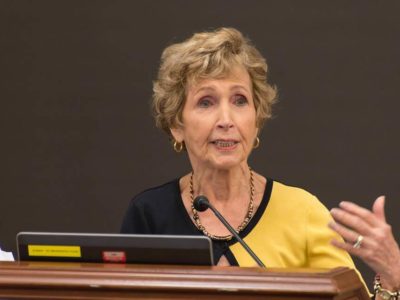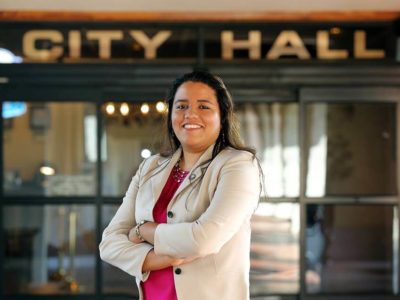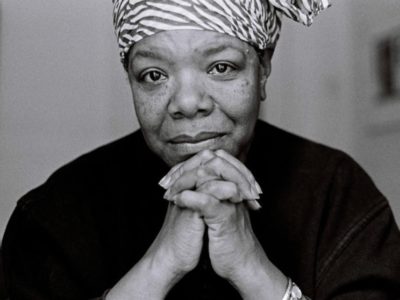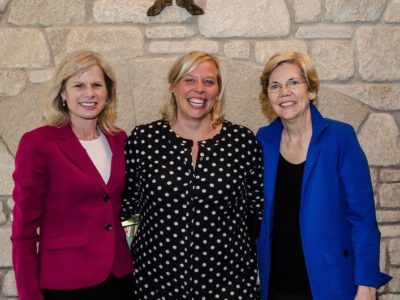As a powerful women leader, standing up for what you believe in means standing out of your crowd. Constance Morella served as Maryland’s Eighth Congressional District’s representative for 15 years. During her time in Congress, Morella served as an Independent Republican, refusing to change her beliefs even if it meant voting against her party. She helped pass bills like the Battered Women’s Testimony Act and Pregnancy Discrimination Act. After her time on Capitol Hill, Morella went on to serve as the Ambassador for the Organization for Economic Co-operation and Development. Since 2009, Morella has been teaching Women and Politics to lucky American University students.
Connie Morella Career Timeline
1954 – Received Bachelor’s Degree from Boston University
1967 – Received Master’s Degree from American University
1971 – Became a member of Montgomery County Commission for Women
1978 – Elected to Maryland’s House of Delegates
1986 – Elected as the Representative for Maryland’s Eighth Congressional District
1992 – Helped pass the Battered Women’s Testimony Act
2003 – Served as Ambassador to the OECD
2009 – Joined American University and began teaching Women and Politics
Q&A With Powerful Women Leader Former Representative Connie Morella
Q: At College Magazine we’re working together with EMILY’s List, Emerge America, Human Rights Campaign, Higher Heights, She Should Run, Victory Fund and IGNITE on an initiative to fight for equal representation in congress called “50 by 2050.” What are your thoughts on the goal of achieving 50% of women in Congress by 2050?
A: I think it’s a laudable objective. I think the work should be done towards it, and I think that it is doable. It maybe could even be done sooner than that, but the thing we don’t have in the United States that many other countries have are quota systems, and that has helped other countries. For instance, do you know what the country that has the largest number of women in its parliament or its congress? It’s Moanda. That has exceeded its quota. So I think it’s a good goal, and I say go for it and achievable. How do you know until you engage in this and keep working towards its success?
Q: How did you decide you wanted to run for public office? What inspired you?
A: It was back in the 70s. I was on the first commission for women appointed in Montgomery County. I was teaching at Montgomery College and cared very much about equity for women. And at that time, when I looked at the inequities that actually existed for women in our county and even in my state of Maryland, I realized that in education there was a real extreme.
For instance, you had no women who headed colleges, that couldn’t even be rogue scholars at that time. If a woman wanted a credit card, she had to have a male sign for her. If she wanted a job she might have to sign an affidavit that she would not have a child while she worked there or she could be terminated. Those things changed by law. The Equal Credit Act, The Pregnancy Discrimination Act, and even Title Nine occurred during that time which gave more access in colleges for women in all areas. Particularly sports, but now its seen as sexual assault.
I also worked to try to get Maryland to approve the equal rights amendment which had come into the states at that time before it could become an amendment to the Constitution, and so I worked with our state legislators. That was when I decided that if I wanted to get things done I should have a seat at the table or else I might be on the menu as I used to say. And so I then ran for the state legislature. To answer your question in one phrase: The women’s movement put the movement into me.
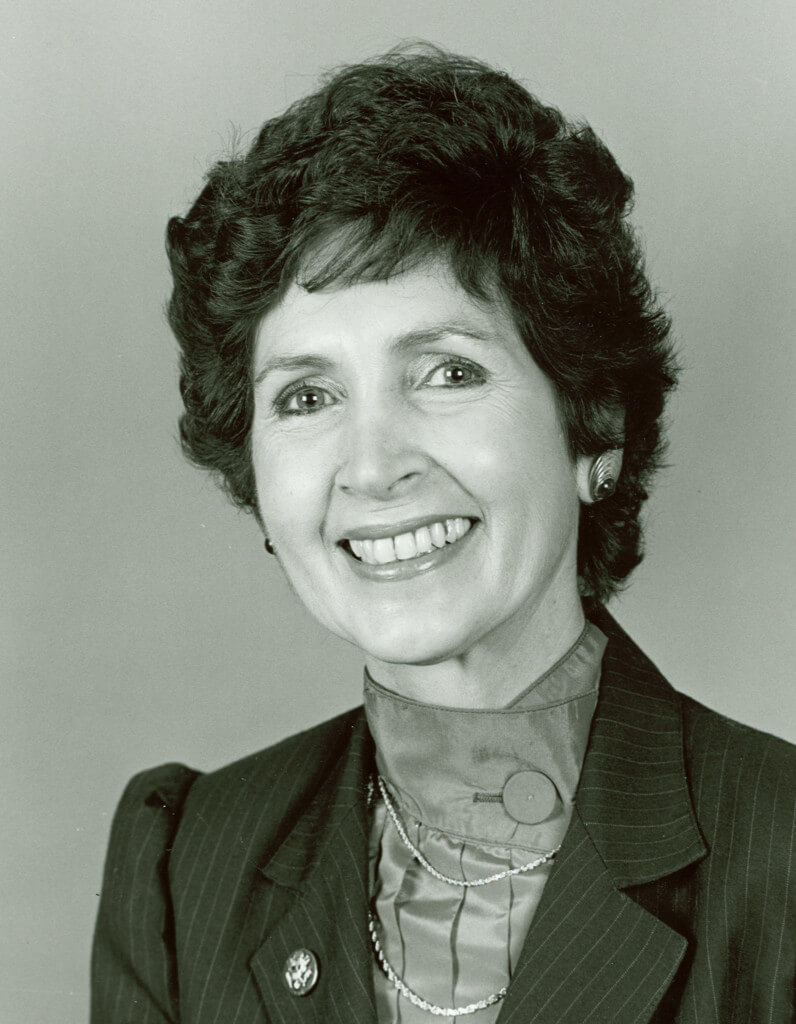
Q: How did your college experience at Boston University and American University influence your political career?
A: What we’ve found through looking at the results of some surveys is that many of the women and men too, but particularly the women who have held office in their colleges and high schools, have held office or leadership positions, and indeed I did. It was my sophomore class. I went on to get my AA and then worked for two years and came back for my bachelor’s degree etcetera, and I was very much involved in political office. In fact, I was the secretary. Women just weren’t president back then, so I was the secretary of my class. I think leadership on the university level and the high school says something about the fact that these people might be interested in helping out in their community or leading in some way.
Q: Did you face specific challenges as a woman running for office?
A: I remember knocking on doors and sometimes people would say “Are you running as a woman?” and I’d say, “Well I don’t have any other choice.” I think women traditionally have had to work harder to get the kind of attention that men just automatically get. It has been changing, but I think it’s something that women should recognize because we do work harder anyways.
The challenges weren’t so much being a woman except you had to prove that you could handle your family, that’s happening a little less now, but that used to be important. That you knew the issues. That you could stand up for them. So I think yeah, women had to work a little harder, but I think in my case I had to work even harder because I was in a district that was represented almost three-to-one by Democrats, and I’m a Republican.
That was a particular challenge. How do you face it? I think women tend to face it better than men because we seem to be more people-oriented. That’s why we’re knocking on doors, meeting people at the metro stations, going to events. Charlie Cook who is the chair of the Cook Political Report and a former constituent, he said, “That Morella, she knows her district. She will go to the opening of an envelope.” And I tell you, I think I did go to all those envelope openings. So you get to know the people, you respond to them by letter, by phone, by the work you do and I think that’s the trust that you build. So that really was my challenge—building and holding on to that trust.
Q: Do you think Republican women face more difficulties in politics than members of other parties?
A: I do. First of all, they face challenges in their own party. They have to get through a primary. They have to look ahead to the general election, but they also have to look at the opposition they have in primaries. Very often I think the Republican Party has been straying too far into social issues and not leaving it up to society and the states or the individuals to make the decisions.
For instance, I think it’s much better to keep Congress and government out of the bedroom and out of the bathroom. So, talk about jobs. Stay away from whether you’re going to terminate Planned Parenthood or whatever. These are the things that have hurt women in primaries because in the primary, as you probably know, you do not get the large percentage of the average moderate voters—either party. You will get those who seem to be either far right or far left, and not a majority either.
A lot of people do not vote in primaries, and they make the difference, particularly in safe districts. Whether it’s a Democrat-safe district or a Republican-safe district. It’s the primary voter that determines the general election. So yes, I think because of the issues women have had a harder time as Republicans even deciding to run to begin with.
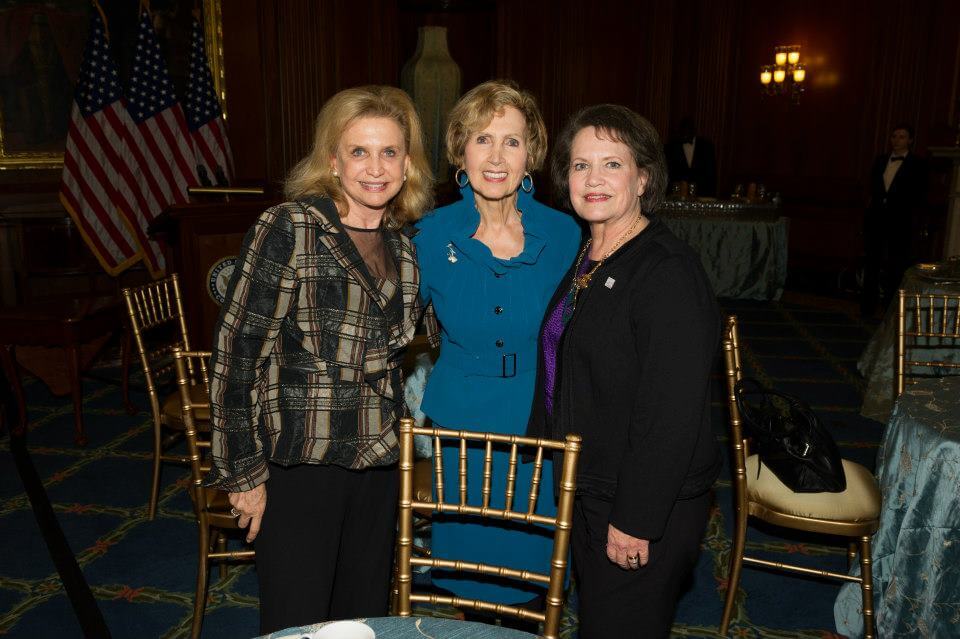
Q: You have supported legislation such as the 1992 Battered Women’s Testimony Act and the Judicial Training Act. In 1992 you led an effort at the Republican National Convention to change the party’s position on abortion. Why were these issues important to you?
A: Because it affects families, it affects women, it affects the security and the health of our localities, our states and our countries. It’s important that people know that we have laws to say that battering women is a crime and we will enforce the punishment, it should happen. In terms of abortion, we already have Roe vs. Wade, and so let’s not tamper with it. Let’s help women maybe so they won’t want to have abortions, but I don’t think the government should be making that decision.
In fact, it used the be that the Republican platform rather than the Democratic platform was pro-choice, and somehow through the years it began to change, and I think it really began to change around the time of Ronald Reagan in terms of putting things in the party platform. So you found an evolution with both parties.
Q: In 2016, you endorsed Hilary Clinton for president despite your service as a Republican representative. Why did you choose to break from your party to support the democratic nominee?
A: It was not a problem for me at all. When I heard what he was saying about women. When I heard what he was saying about immigrants. When I heard what he was saying about everything in terms of issues, how he felt about them, I just felt this was a man who did not have the experience.
Hillary Clinton has the experience. She has the knowledge. She is a very hard worker, and he was a Tweeter. He didn’t have any experience at all. So I thought, well we’re talking about the United States of America. We’re not talking about the Democrats or the Republicans, and so it was a decision that I made and I just feel very strongly that she was just plain the better candidate to represent our country.
Q: What was the most rewarding piece of legislation you helped pass?
A: I guess I would say that among the pieces of legislation I would list the Violence Against Women Act, which was landmark and included a lot of other issues I had worked on. I think all of the issues in regards to battered women syndrome, domestic voice, sexual assault. I think that whole area is one in which I was very prominent and proud of it.
I also was one of the original sponsors of a bill that took quite a while, The Office of Research at NIH which led to some other women’s health institutes and FDA and other organizations, but when that was done at that time women were not included in clinical trials or protocols. We were being treated like little men, and therefore, autoimmune diseases, HIV, AIDS, heart attacks, all of those things, we weren’t looking at them and the differences between men and women. Even research was being done with male animals such a male rats, no females. So that was a big achievement.
I think that I would herald as representing the best in government because it was both bicameral and bipartisan. By that I mean we had on the senate side both Susan Collins and Barbara Mikulski, Democrat and Republican and on the House side Pat Schroeder and Connie Morella, a Democrat and a Republican. The four of us got promises from NIH that they would do more, but we made sure we put it into law.
And obviously helping my constituents. There was someone who came up to me the other day in a restaurant ‘I wanted to thank you for what you did when I was looking for assistance with a VISA’. So I get that all the time too. I just remember the challenges I faced because I was an Independent Republican, and I wouldn’t always go along with my party. That was a challenge because I voted against the war. I voted against the impeachment, and I had the pleasure of being in Congress when Mandela was released from prison and then became president of South Africa, when the Berlin Wall came down, when the Soviet Union imploded, but also had 9/11. So, I experienced very interesting times.
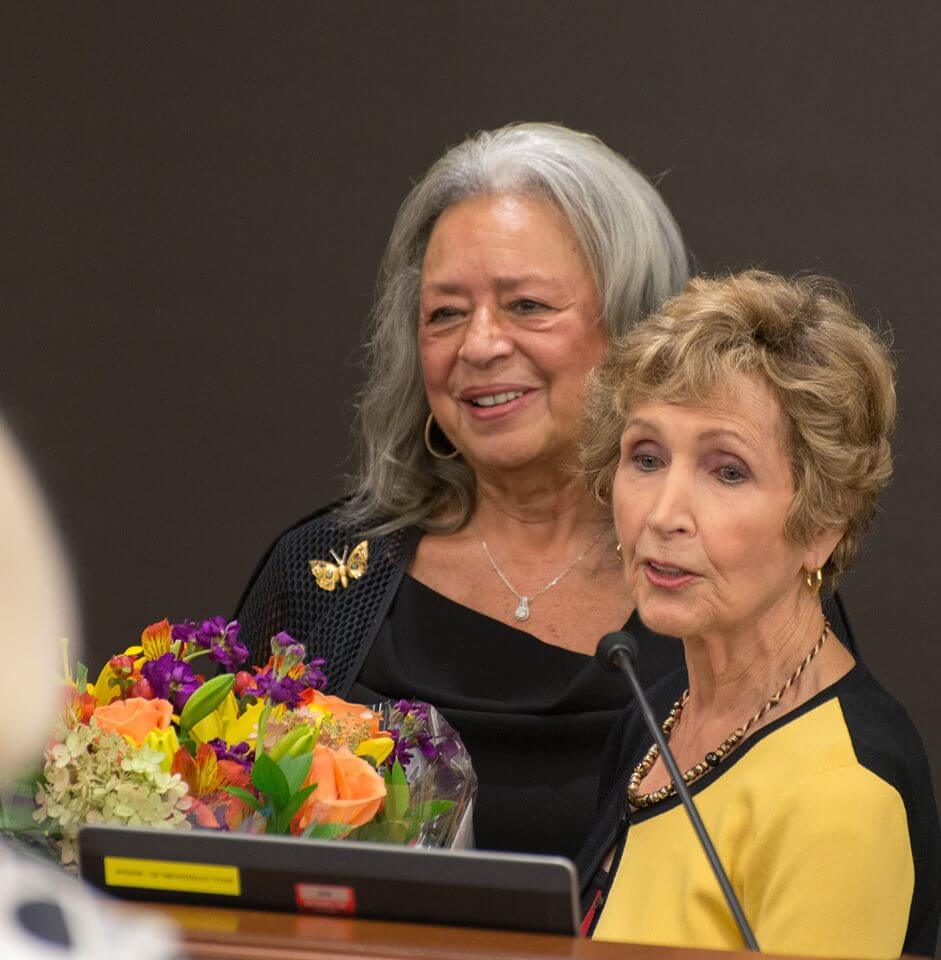
Q: What were your most difficult political defeats and why?
A: I had the defeat in the state legislature. That one was my first time running. In 1974, that was when Nixon was pardoned by Jerry Ford and no Republicans were elected. And I remember people talking about the “double standard” and I thought they meant women, but they didn’t. They felt it was wrong that Jerry Ford pardoned Nixon. I felt it was the thing that had to be done for the country and that’s why Jerry Ford lost the presidency if you want to go into history.
I’m glad you brought that up because what I decided is what many women don’t. I decided I was going to run again, and I did, and I topped the ticket. My final defeat, my volunteers were sadder than I was. We’d been redistricted. It was the best campaign I ever ran, the best campaign. I had everything, money, endorsements, people, etcetera, but it was with the new redistricting, and I just couldn’t do it.
The reason I say my volunteers felt worse than I did, what I knew at that time was there was nothing else I could have done. Everything was exactly as it should have been. I couldn’t go back and say, “I should have done this. I should have done that.” As it turned out, it was really a victory because then I went on to become ambassador in Paris.
Q: Why did you chose to join American University after serving as a Representative? Why did you choose to teach Intro to Women and Politics?
A: I got a Master’s Degree from AU. I even got an honorary doctorate from AU. Back when I was working on my master’s, before I got the doctorate, after that I was working as an adjunct professor for a couple years. So I did teach then. So I’ve always liked education. I believe in education. As I said, I got a doctorate and now I have the opportunity to teaching something I love which is Women and Politics, and I do it. I did it for a semester full-time, but now what I do, and what I’ve done for the past four years, maybe more, is I teach just one weekend class all day Saturday and all day Sunday each semester. So two days, in close touch with like 26 people, and when we finish on that Sunday, we’ve really accomplished something.
Q: Do you think if political parties were more moderate women might be more politically active or have a better chance of being elected?
A: I think women make it more moderate. I think women just don’t have confidence in themselves and that’s why they’re not running. The party doesn’t invite them. They’re not out there saying, ‘oh yeah we think you’d be a good candidate and we’d help you.’ So I think that’s a deterrent because they have to think that they want to do it on their own. They worry about the rhetoric of campaigning.
During a campaign you don’t hear good things about the people running on television. You hear about nasty things, and so they think I don’t want to do this. So they don’t take chances as much as men do. Men don’t even feel as though they have to be qualified to say, ‘I’m going to run for the U.S. Senate.’ A woman says ‘Let me see, I think I have to have ten PhD degrees.’ We expect too much of ourselves.
We need the help of other women and the organizations that you mentioned. They do make a difference. They say to women, “We’ll help to mentor you.” While then men have the old-boys network and automatically they say, “Oh yeah, we’ve got a vacancy and we’ve got a guy that can go in there. Joe, we play golf with him or we see him at the club.” But they don’t with women. So these organizations serve a function.
Q: Do you think having more women in politics will influence future legislation and America’s politics?
A: I predict there would be more working out solutions across the aisle. For instance, what you’ve seen in the Senate, they’ve got some big problems. You have Patty Murry and Suzanne Collins saying hey guys we could try to work something out, and I see pretty much the same thing happening on the House side.
There’s the Woman’s Caucus, they now call it the Congressional Policy Institute for Democrat and Republican Women. I’m on the board. They do a lot with bringing women together on things like health issues, women in the military and things like that.
Again, it’s working together and I think that is what women would do. They would look at issues and work together to get results, to get something accomplished. It takes a purpose. It takes a passion. It takes a plan. It takes a patience and perseverance. And I think they can do that. I don’t know whether we’re born with it or if it comes from our environment or not, but we tend to want to work it out.
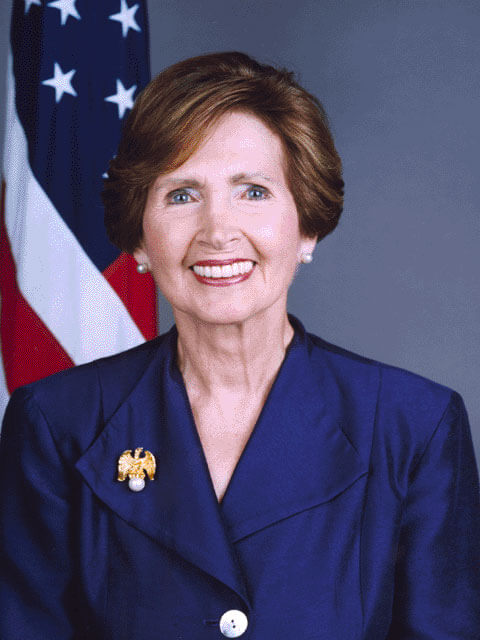
How To Become A Powerful Woman Leader
1. Just do it
“I say do it! Don’t sit back. Try it. Pull together some of your friends and allies and find out what’s available and have confidence in yourself. I say have confidence in yourself, take some chances. Not guts, no glory. And pull together some friends and go for it. Even if you don’t win, because you’ll learn the issues, because you then have to work on making sure you know what you’re running for. You can always learn as you go along too. And as I say, take chances, have confidence in yourself, and know that you can do it,” said Morella.
2. Listen
“Listen to other people. My personal feeling about men and women is that they should respect one another, and that they should listen, learn and lead. Not all members of Congress know each other, and I think when you know somebody you can disagree with them, but you’re more apt to listen to them and then you can work out solutions. And I think that’s an environment for getting things done,” said Morella.
How To Connect With Connie Morella
American University students can take her course GOVT-282 Intro to Women and Politics.
Email her at [email protected].

